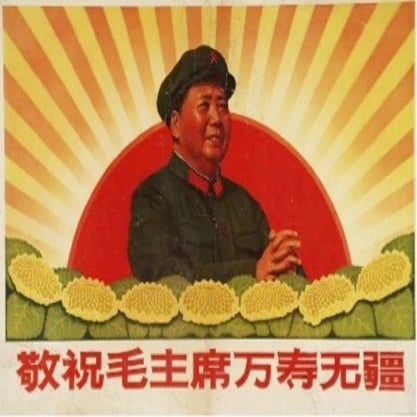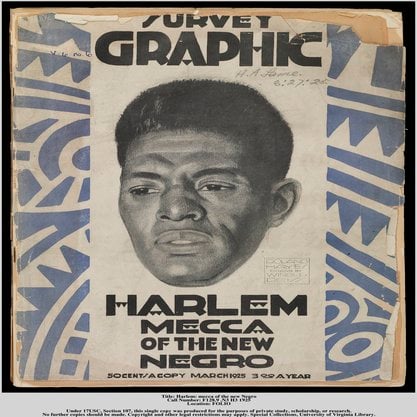Article
Buddha Bandit Poets By Bloch, Julia
Article
In 1978, Asian American poets Garrett Hongo, Lawson Fusao Inada, and Alan Chong Lau published The Buddha Bandits Down Highway 99, a collaborative anthology of poems dedicated to meditations on the highway that runs north–south across California’s Central Valley. The “Buddha Bandits” helped inaugurate a wave of activist Asian American poetry after Modernism. Hongo, Inada, and Lau first collaborated as the Buddha Bandits in 1977 in a performance of music and poetry at California State University, Long Beach. Their 1978 anthology engages with the culturally and geographically heterogeneous landscape of the California state highway, particularly its history of Asian American migration and its significance as a site of Japanese internment during World War II. The Buddha Bandits shared the formal concerns and countercultural attitudes of their fellow avant-garde poets, particularly the Beats, but their collaboration also anticipated a rejection of American Orientalism in that same avant-garde. Activist Asian American poets of the 1970s later rejected the depiction of Asia as a distant source of enlightenment, instead asserting a historically specific identity for the Asian American avant-garde.


